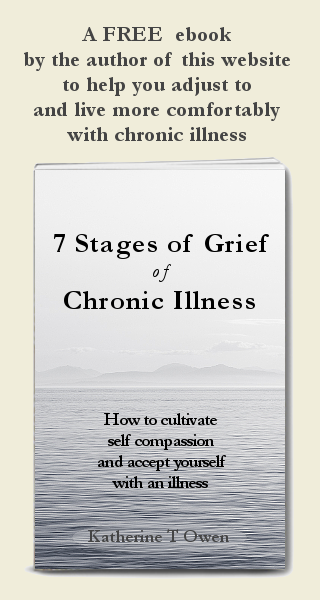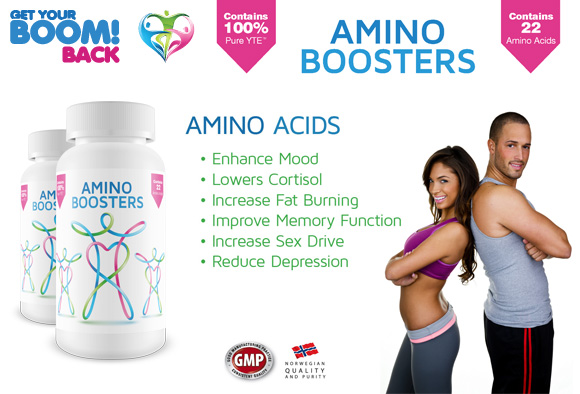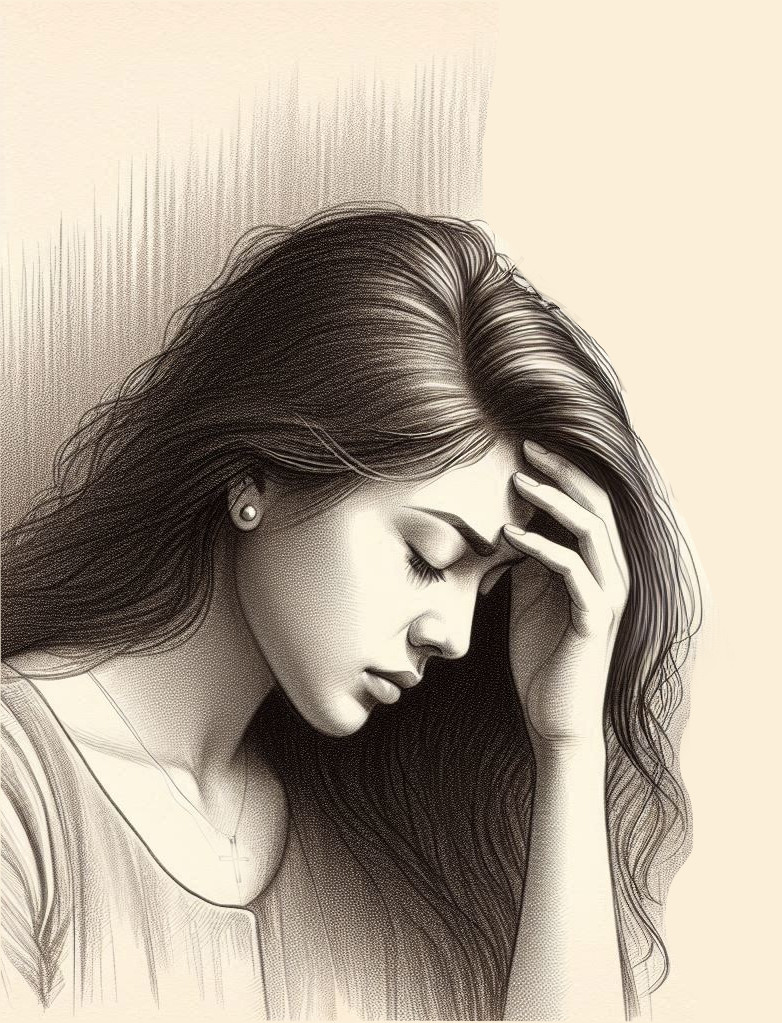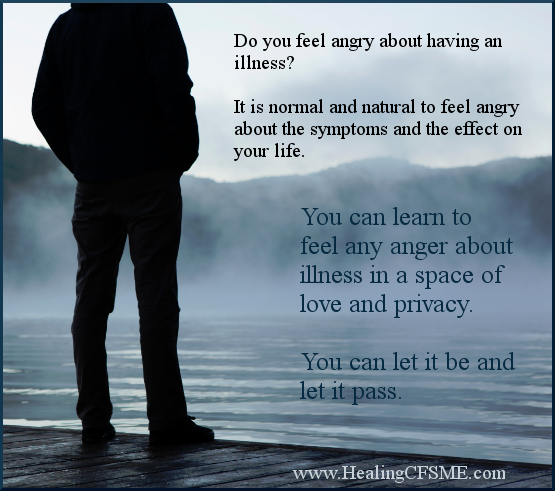How To Relieve Stress Symptoms

This is a guest article from the author Candess M. Campbell, PhD on how to relieve stress.
I am delighted to feature this adapted extract from her book, 12 Weeks to Self-Healing: Transforming Pain through Energy Medicine.
I am the proud owner of a copy of this self healing book and can recommend it. It is full of practical alternative healing therapy tips.
Or click here to CHOOSE FROM
A RANGE OF personalizable cards and gifts.
The healing-themed gifts are designed by myself, Katherine, the author of
this website HealingCFSME.com
Proceeds go towards the cost of the website. Thank you. Enjoy!
Contents of this natural healing article include...
scroll down or click on the link if given
What is stress
Physical stress symptoms
Stress test – the relationship between stress and illness
Stress test score
Over to Candess to answer the question 'what is stress?' and give you tips on how to reduce stress...
What is stress?
Stress occurs from both negative and positive situations. Your energy system picks up a great amount of stress without you even being aware of it. Luckily your body is also amazing at moving back into balance!
You may remember a time when something happened suddenly and unexpectedly, and you immediately went into a heightened state of awareness.
Your body is set up with a protective mechanism toward “fight or flight.” This reaction creates an outpouring of adrenaline and other hormones into your blood stream, which produces a number of protective changes in your body. This flood provides you with the energy and strength to respond to the situation with either fight or flight.
Most of the time you don’t have this fight or flight response. Nonetheless, there is a steady stream of causes of stress across the day.
Physical Stress Symptoms
The following indicate the positive intention behind the physical stress symptoms of the body.
Your heart rate increases, allowing more blood flow to your muscles, brain, and heart.
Your breathing increases to a faster pace in order to take in more oxygen.
Your muscles tense in preparation for action.
You become mentally alert, and your senses become more aware so that you can assess the situation and act quickly.
Your blood sugar, fats, and cholesterol increase to provide extra energy.
There is a rise in your platelets and blood clotting ability, which prevents hemorrhaging in case of injury.
Here is a more comprehensive list of physical stress symptoms:
- increased heart rate
- pounding heart
- elevated blood pressure
- sweaty palms
- headache
- trembling
- twitching
- stuttering
- sleep disturbances
- fatigue
- shallow breathing
- dry mouth
- cold hands
- itching
- being easily startled
- chronic pain
- susceptibility to illness
- tightness in the chest, neck, jaw, and back muscles.
Emotional Stress Symptoms
Emotional stress symptoms include the following:
- irritability
- angry outbursts
- hostility
- depression
- jealousy
- restlessness
- withdrawal
- anxiousness
- diminished initiative
- hyper-vigilance
- feeling that things are not real
- lack of interest in things you used to enjoy
- crying outbursts
- being critical of others
- self-deprecation
- nightmares
- impatience
- lack of hope
- narrowed focus
- obsessive rumination
- lack of self-esteem
- insomnia
- either overeating or loss of appetite.
Stress test – the relationship between stress and illness
A good first step in how to relieve stress is to identify the stress causes specific to your life.
If you do identify stress causes you may be able to make changes in your life you can make to reduce these external sources of stress, or perhaps you can time life events so that not everything happens at the same time with the risk of stress overload.
Even if you have little control over the stress causes, the section below gives ideas of how you can relieve stress by improving the way you look after yourself.
Note from website author, Katherine T Owen:
Some of the stresses of illness come from the need to ask for and receive help when we are not used to doing so. Click through for advice on skills for coping with chronic illness.
Stress test score
Before you read below about how to relieve stress, give yourself a stress score on a scale from 1–10.
1 - little or no stress
5
- a medium level of stress (or being stressed about half the time during
the week)
10 - a high level of stress (or being stressed daily).
Make a note of your stress score in your journal so you can test yourself again after using some of the stress management advice.
How to relieve stress
Here are 15 tips on how to relieve stress:
1. Compartmentalize your life—focus on one thing at a time.
2. Set realistic goals and break projects down into manageable pieces.
3. Know your limits and prioritize.
4. Eat healthy foods and avoid sugary snacks.
5. Decrease or alleviate caffeine altogether.
6.
Move your body. [Katherine: If you live with CFS/ME you need to find a level of exercise within your limits.]
7. Get enough sleep—7 or 8 hours a night is recommended.
8. Decrease or alleviate alcohol altogether.
9. Get massage or receive healthy touch.
10. Become a non-smoker.
11. Practice relaxation.
12. Share with friends.
13. Journal.
14. Create play in your life!
15. Listen to your body and your emotions.
Often when you change your behaviors, you do not notice a difference at first. You may want to put this list on the refrigerator or a mirror and practice for six months to see how your life changes. Then once more do the stress test to assess your stress level on a scale from 1–10 and see how much you have improved.
This is just a start on how to relieve stress in your life.
The above article is adapted from the book, 12 Weeks to Self-Healing: Transforming Pain
through Energy Medicine (USA Amazon), kindly shared by the author, Candess M. Campbell, PhD.
Other articles relevant to 'how to relieve stress':
- Do you relate to the symptoms of adrenal fatigue?
- Clean up the toxins in your environment. To reduce stress on the body and facilitate healing, detox your body.
- Manage your emotional health. Psychologist and hypnotherapist Peter Field gives his advice on emotional healing.
Click on the link below to move from How To Relieve Stress Symptoms to the home page.
- Home Page
- Relieve Stress
Receive daily inspiration...
by putting your favorite (favourite) healing quote on
a mug, cushion, postcard, coaster, T shirt etc.
You will find my zazzle gift store at
zazzle.com/HealingStore.
Use one of my designs or start from a blank.
Thank you from me, Katherine, author of HealingCFSME.com
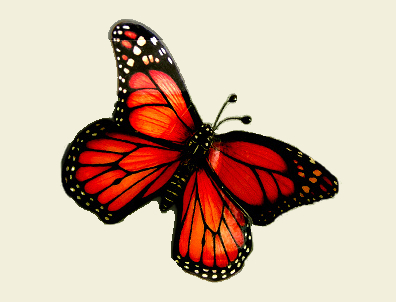 |
© Katherine T Owen. All articles on this website are copyrighted. I am delighted if you choose to click above to share this page on social media, but please
do not copy, print or otherwise use without my permission. Thank you. Disclaimer:
I am not a medical practitioner. The articles on this website are not
to be taken as medical advice. Please consult a medical practitioner as
necessary. |

